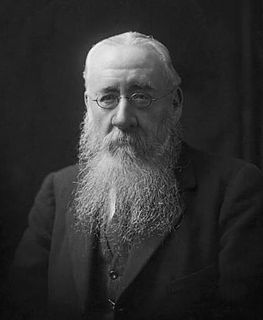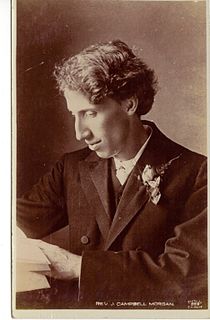A Quote by Francis Bacon
We are much beholden to Machiavel and others, that write what men do, and not what they ought to do.
Related Quotes
In every case, we ought to act that part towards another, which we would judge to be right in him to act toward us, if we were in his circumstances and he in ours; or more generally - What we approve in others, that we ought to practise in like circumstances, what we condemn in others we ought not to do.
If a sound body and a sound mind, which is as much as to say health and virtue, are to be preferred before all other considerations, ought not men, in choosing a business either for themselves or children, to refuse such as are unwholesome for the body, and such as make a man too dependent, too much obliged to please others, and too much subjected to their humors in order to be recommended and get a livelihood?
I'm not beholden to the public, and neither are the public beholden to me or my songs. I'm very much of a populist on those terms, I believe that the song is no longer mine anyway. I like to process the dispossession that happens when you play something live. I don't have a clue as to how these songs are going to plan out, whether they're going to be on a record. I don't know yet.
In order to judge of the inside of others, study your own; for men in general are very much alike; and though one has one prevailing passion, and another has another, yet their operations are much the same; and whatever engages or disgusts, pleases or offends you, in others, will, mutatis mutandis, engage, disgust, please, or offend others, in you.
A single assembly will never be a steady guardian of the laws, if Machiavel is right, when he says, Men are never good but through necessity: on the contrary, when good and evil are left to their choice, they will not fail to throw every thing into disorder and confusion. Hunger and poverty may make men industrious, but laws only can make them good; for, if men were so of themselves, there would be no occasion for laws; but, as the case is far otherwise, they are absolutely necessary.
The whole conception of a God is a conception derived from the ancient oriental despotisms. It is a conception quite unworthy of free men. We ought to stand up and look the world frankly in the face. We ought to make the best we can of the world, and if it is not so good as we wish, after all it will still be better than what these others have made of it in all these ages.









































